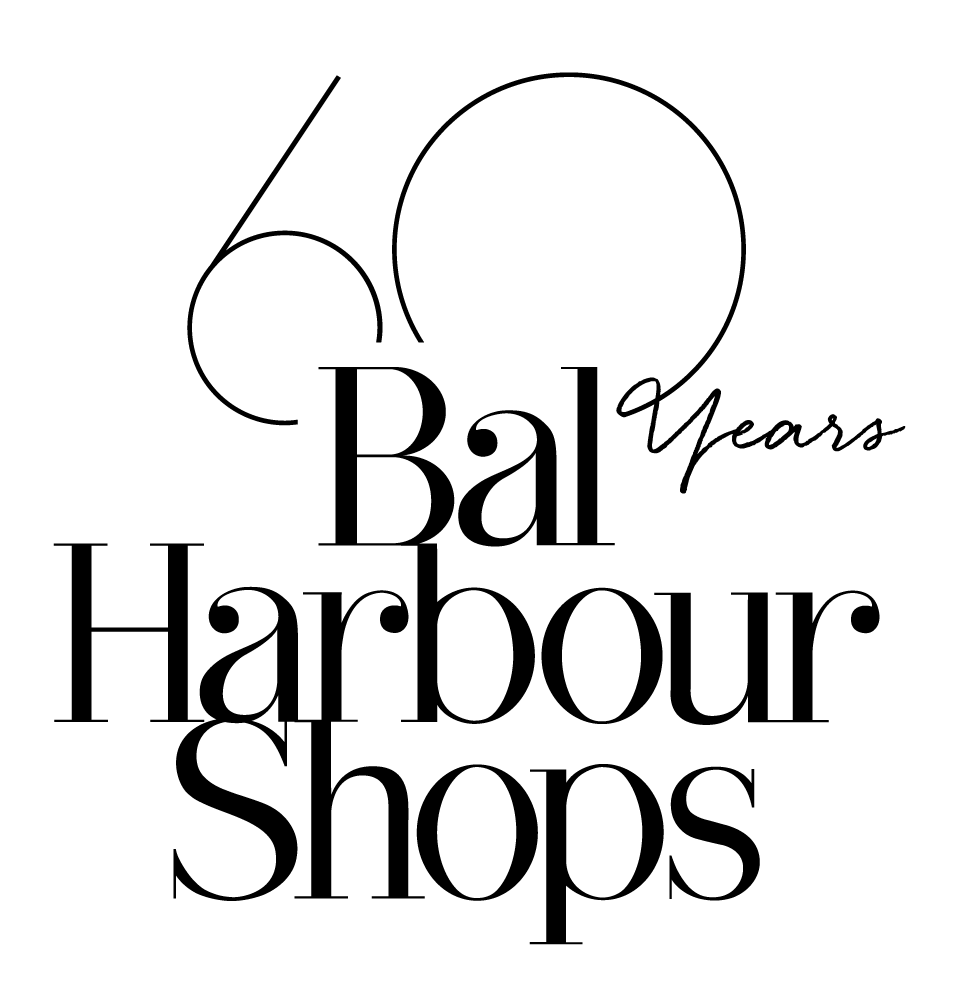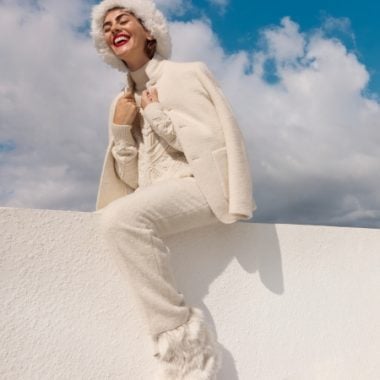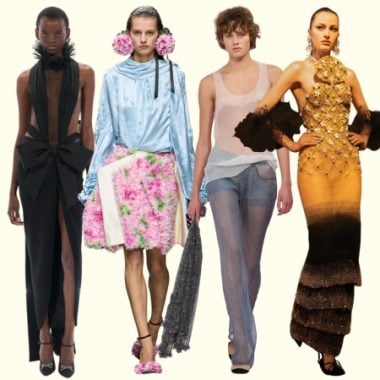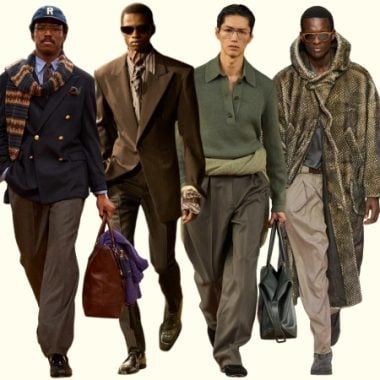By Deborah Frank
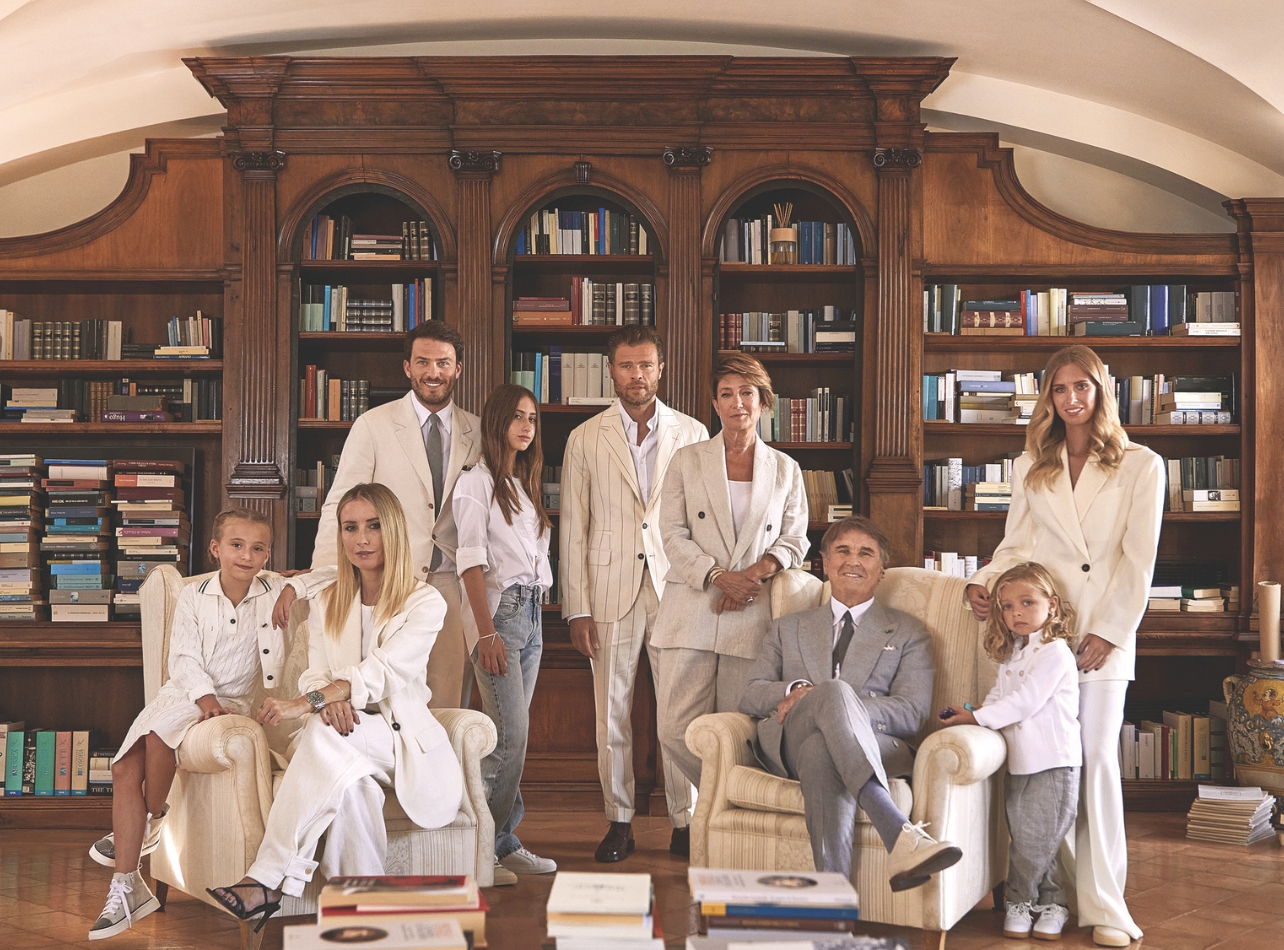
A family portrait capturing three generations of Cucinelli.
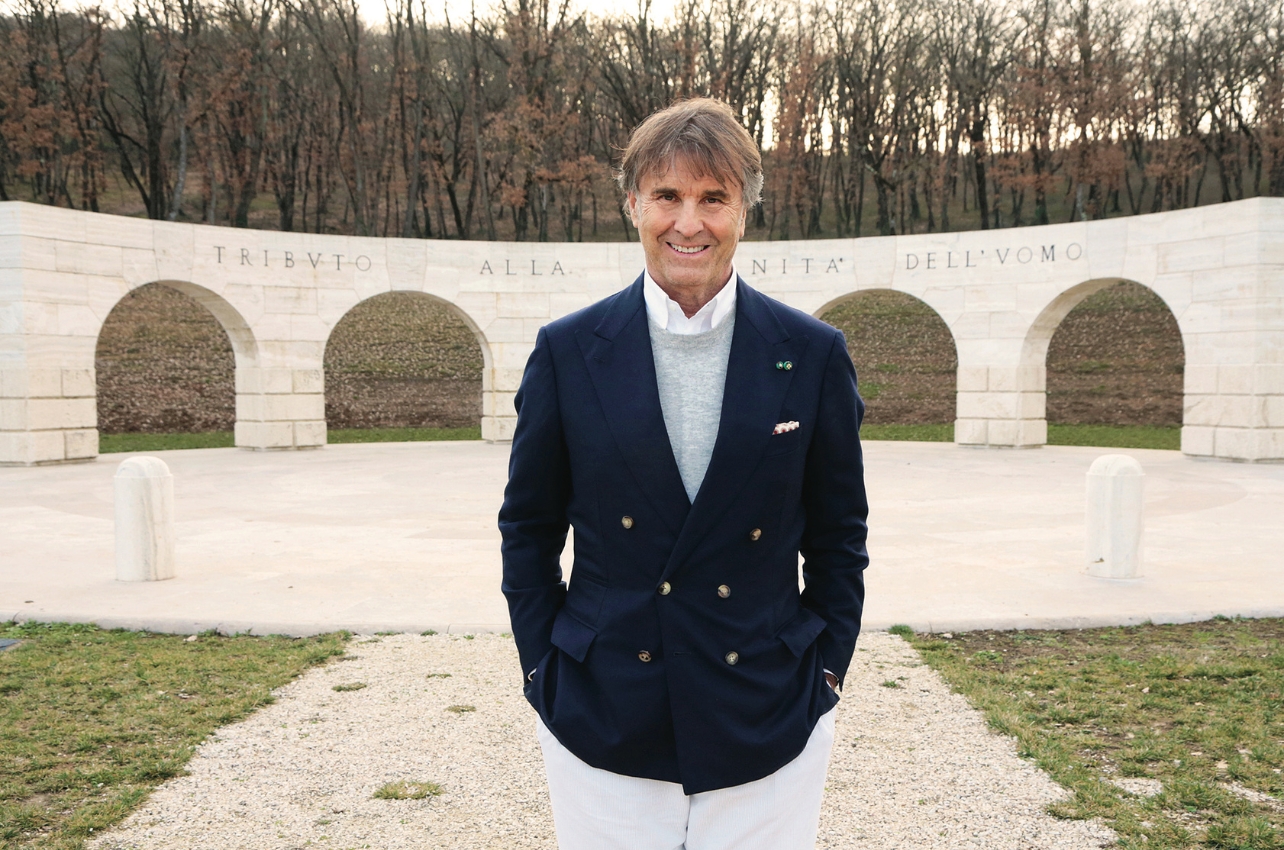
Brunello Cucinelli in Solomeo, the medieval Umbrian village in Italy that’s home to both his family and company.
In Brunello Cucinelli’s softly tailored world of whispered luxury, sustainability isn’t a trend but a moral obligation, and beauty isn’t only what’s seen but what’s felt. His eponymous Italian design label is instantly recognizable to those who know. To those who don’t, the garments simply look and feel exceptional. “This is a choice for life,” he explains. “I wouldn’t like it to be shouted out. I want understatement.”
When we meet in Miami, it’s not for a glitzy product launch or a champagne-fueled F1 party. “I have come here for the [Formula 1] event with clients,” he says simply, seated among the palm-lined elegance of Bal Harbour Shops—“the most beautiful mall in the world,” he adds with genuine admiration. The city, to him, is more than a marketplace: It’s a cultural hub, a melting pot of music, art, and the Latin American spirit that has become integral to his global clientele. As such, he has expanded his Bal Harbour Shops boutique into a duplex with a second floor that features his tailored men’s collection.
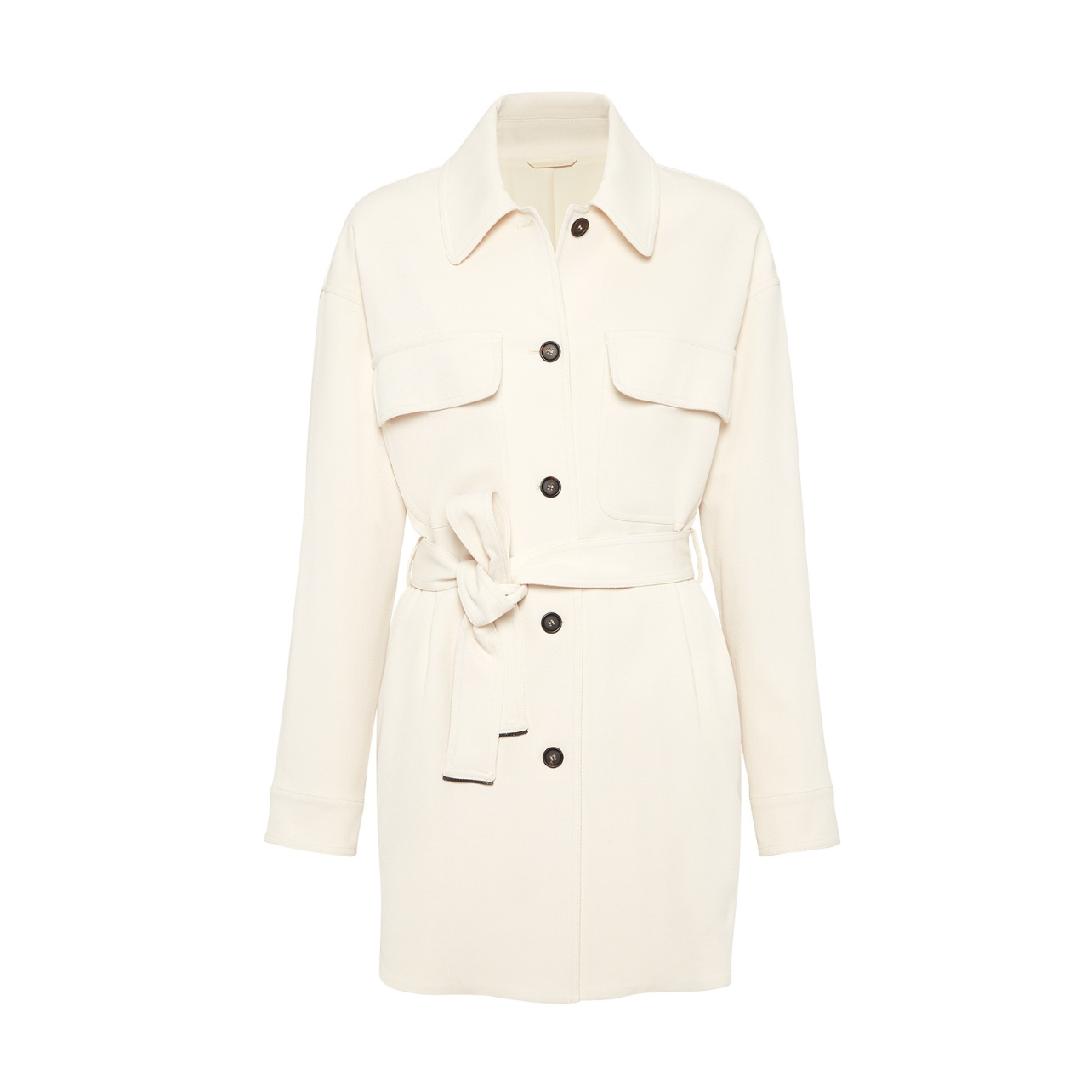

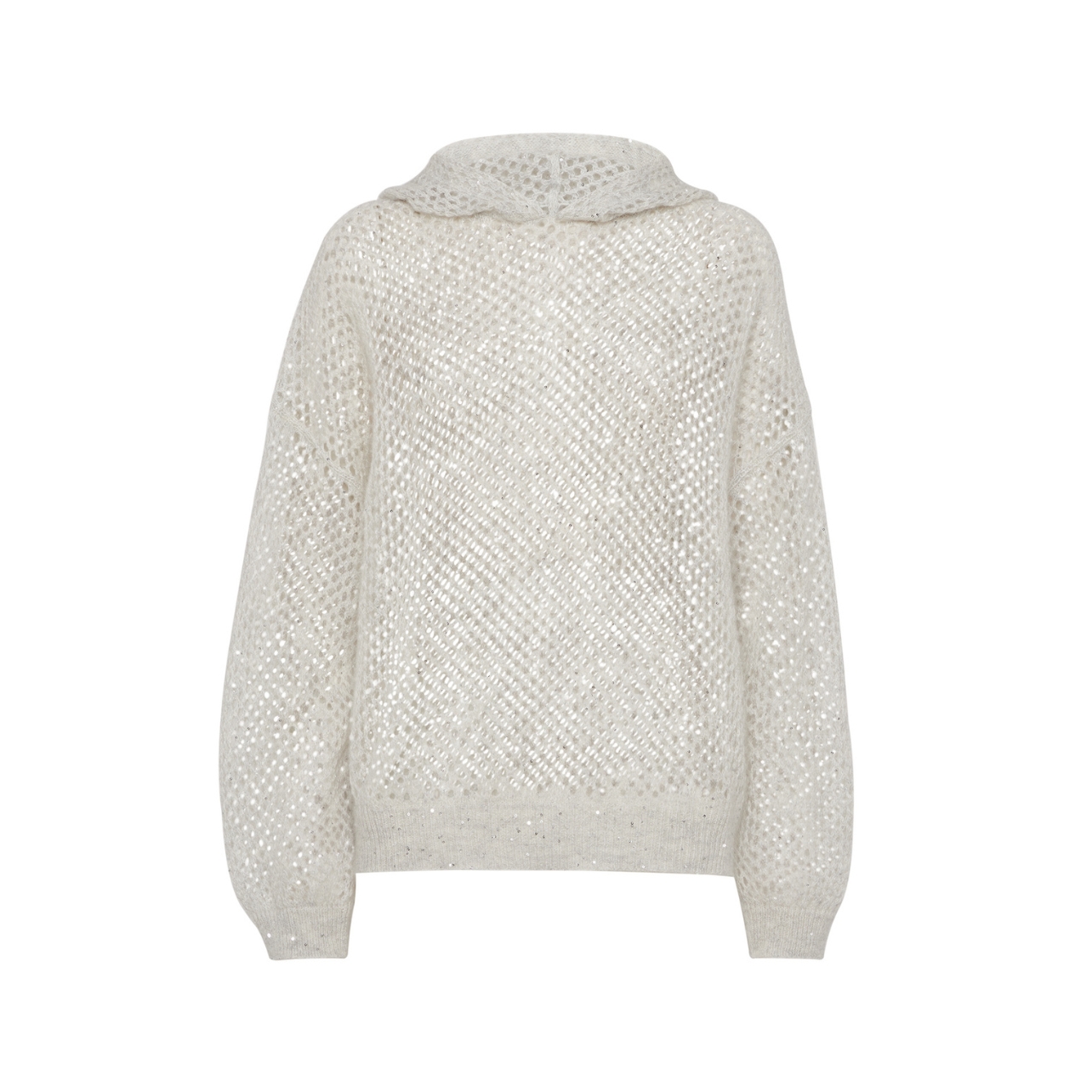
At 72, Cucinelli is not slowing down. In fact, his brand just closed its strongest first half ever, posting $799 million in revenue, a 10.7-percent increase over the previous year. Yet unlike most CEOs, he is far less interested in market share than in human dignity, legacy, and the people who bring his vision to life. He beams with pride when speaking of his recently awarded Honorary Doctorate in Architecture from the University of Campania Luigi Vanvitelli, which celebrated his restoration of Solomeo, the medieval Umbrian village he’s transformed into a beacon of ethical entrepreneurship with cultural spaces, theaters, artisan workshops, and vineyards. In his acceptance speech, he quoted the words of philosopher John Ruskin that guided his work and are now inscribed on a plaque in the village piazza: “When we build, let us think that we build forever.”
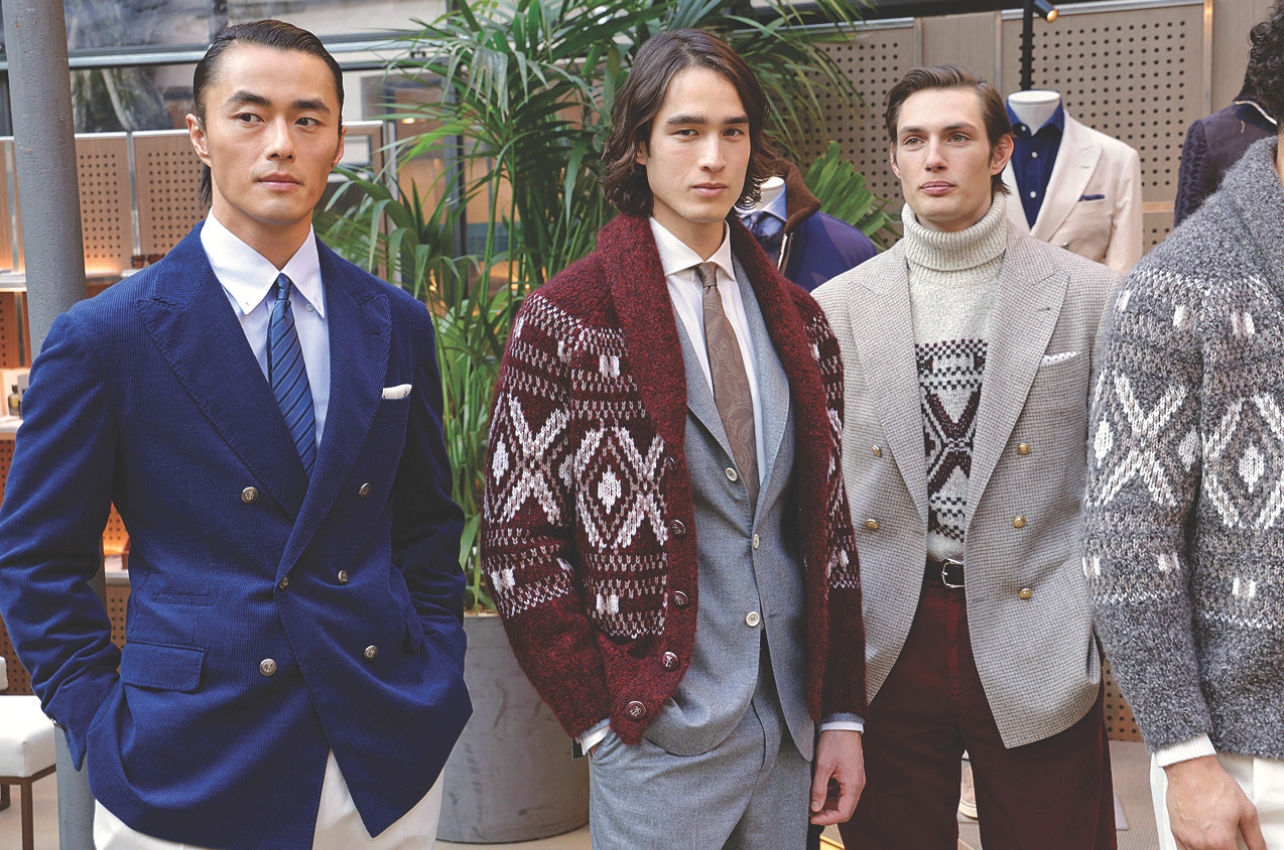
The F/W Men’s collection featured preppy looks and a nod to British patterns and tailoring.
The philosopher in him coined the term humanistic capitalism, emphasizing “fair profit and gracious growth.” Staff at his workshops enjoy not only panoramic views of the Umbrian hills but also shorter hours, no weekend emails, and generous pay. “You have to treat human beings as they deserve to be treated,” he says, “as thinking souls.” That belief runs through every stitch of his garments. Training a single tailor for his signature men’s suiting can take up to three years. “It’s very difficult,” he says. “Would a parent be happy if their child became a tailor? Probably not. But we must preserve these trades.” His School of Contemporary High Craftsmanship and Arts in Solomeo does exactly that, passing down skills in tailoring, gardening, and masonry alike. “I’m not concerned about who will buy luxury in the future,” Cucinelli says. “I’m concerned about who will make it.”
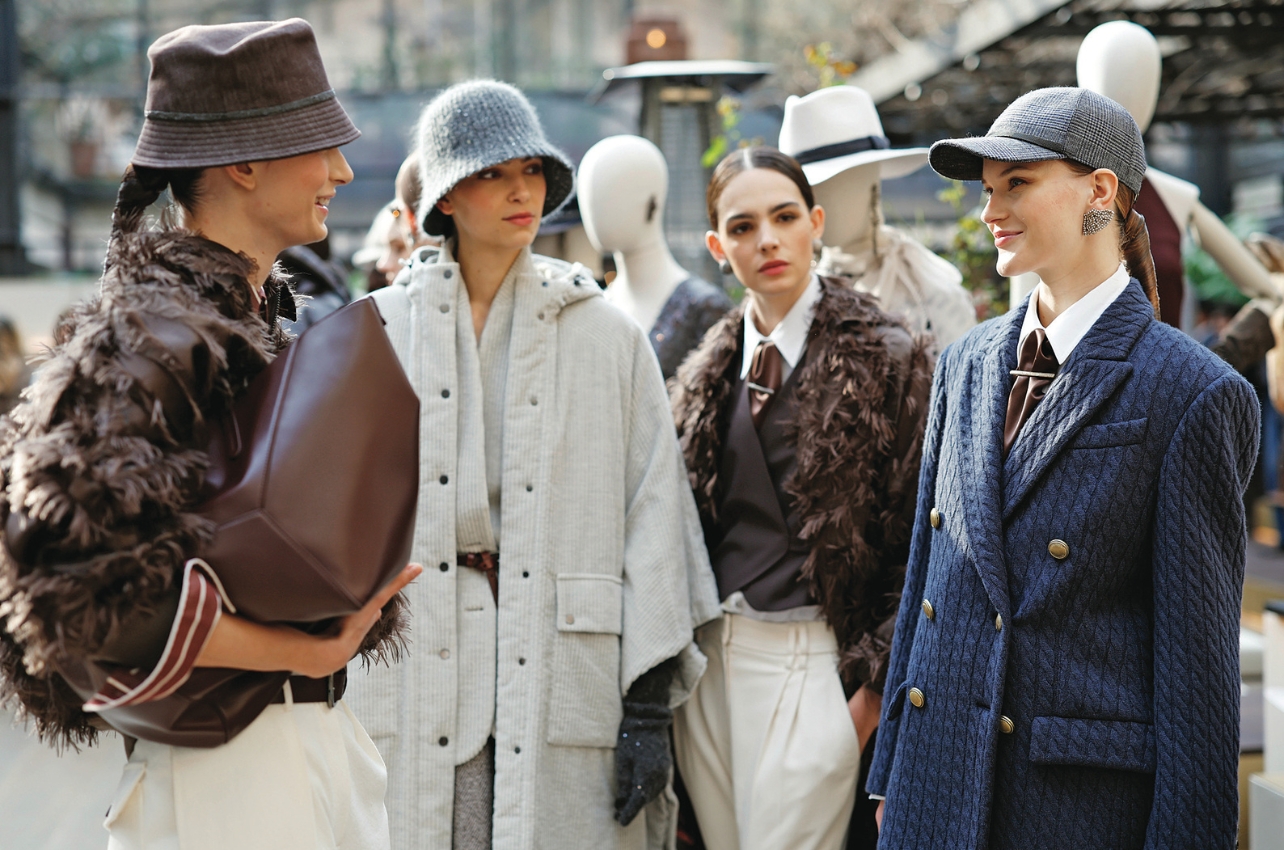
The F/W Women’s collection called on equestrian influences.
Despite growing into a billion-dollar empire, the Cucinelli brand remains profoundly personal. His daughters, Carolina and Camilla, now lead its creative and strategic direction with shared values and a global vision. “They travel the world,” he says with a smile, “studying street style, then they bring it home to Cucinelli-fy it.” Together, the sisters are preserving the brand’s DNA—as Carolina calls it, “lusso sussurrato,” whispered luxury—while gently adapting it for a new generation.
Cucinelli himself people-watches for hours in London or Milan, letting the movement of others spark inspiration. “You feel creativity when your mind is at peace,” he says. “We’ve stopped talking at home. Everyone’s on their devices. We need to find a new balance.”
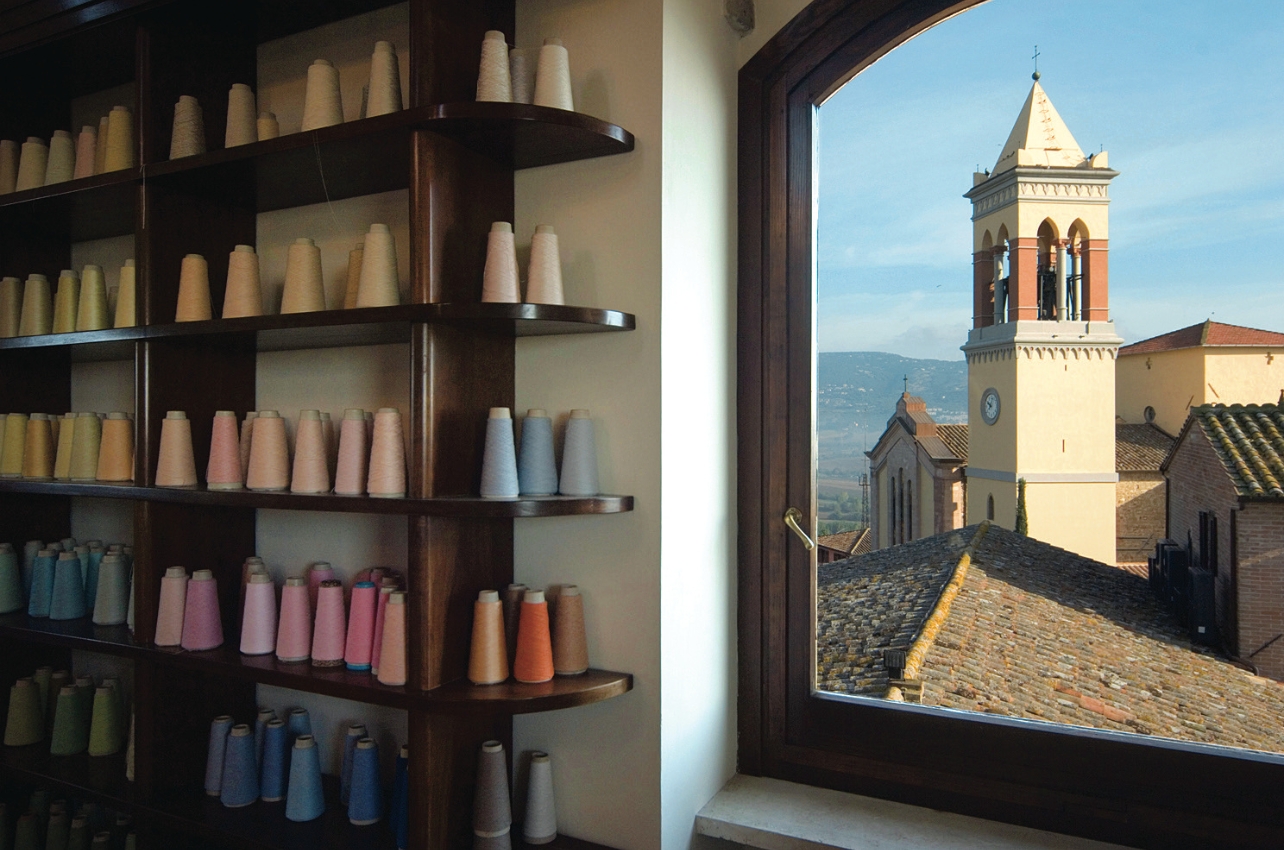
A view of Solomeo through a studio window at the company’s headquarters.
The Fall/Winter 2025 collection explores that balance: the tension and harmony between instinct and reason, blending relaxed silhouettes with sophisticated techniques. Equestrian influences appear in riding pants, lavalier ties, and boots with spurs, while British checks, tweeds, and tartans accent fluid corduroy culottes and trenches. An alpaca and mohair coat mimicking crocodile scales with sequins stands out, along with knitted cardigans reimagining Prince of Wales patterns. For Cucinelli, clothes must be artisanal yet effortless. “While precious, they should be worn with ease,” he said, noting that “imperfect” touches, like baguette-cut crystals on a simple chevron dress, add authenticity and charm.
Beyond fashion and his new workshop in Penne, Italy, a town historically known for its sartorial menswear production, Cucinelli is deeply involved in winemaking, producing approximately 9,000 bottles a year of Castello di Solomeo. “They’re not for profit,” he says. “They pay tribute to Italy, to the land, to dignity.” In celebration, he tapped renowned sommelier Daniel Johnnes at La Paulée (an annual over-the-top Burgundy enthusiasts dinner party held in New York and San Francisco) to design a multi-day fete in Solomeo. It was so successful, says Cucinelli, it will return next year.
As a grandfather, one of his most moving projects this year was penning the foreword for “Father and Child,” a photography book by Claiborne Swanson Frank and published by Assouline. In it, he writes lovingly of his late father, Umberto, who lived to see his son’s success and influence. “He was my role model of patience and dignity,” he says. When Umberto passed away at 100, Cucinelli spent the night beside him, holding his hand. “We talked about life, about everything. He wasn’t interested in the Forbes ranking. He said, Do you want to be the richest man in the graveyard?” to which Cucinelli replied, chuckling: “It’s not difficult, it’s such a small cemetery.” But the lesson remained. “Keep your feet on the ground,” his father always said.
That humility underpins everything Cucinelli creates, from his high-buttoned blazers to his Umbrian wine. His values are as Roman as they are revolutionary. An ardent student of philosophy, he recites, “Live with honesty. Do not harm anyone. To each, their due.” These ancient principles, he believes, are still our best blueprint for a just society—and a meaningful business. “Walk with your feet grounded on the earth,” he says, “but keep your gaze toward the sky.”
All images courtesy of Brunello Cucinelli
